

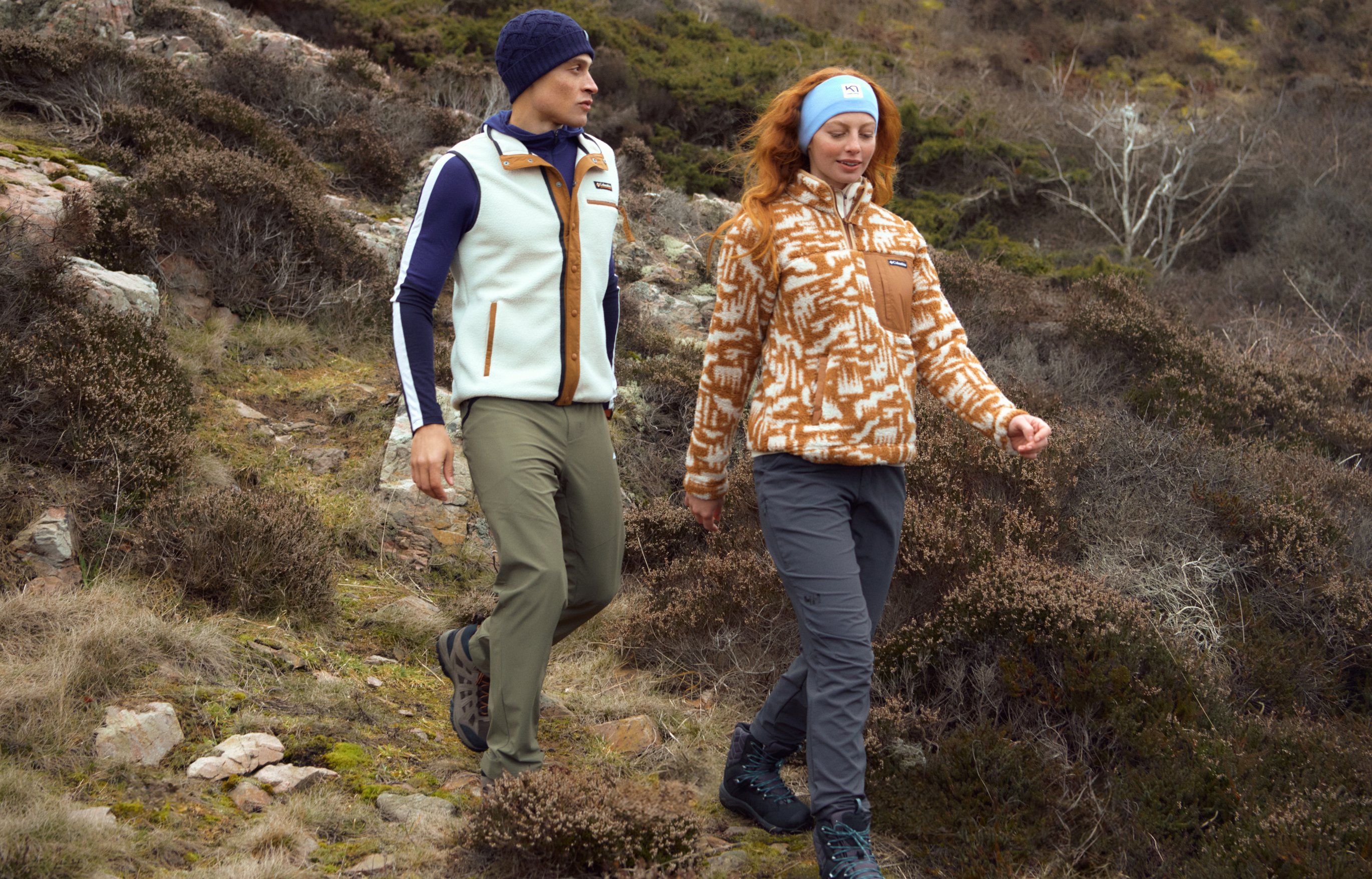

Never has outdoor wear been more appealing in and out of the forest. But if you love the great outdoors chances are you’ll be outside whatever the weather and need the right gear to keep warm and dry. Here’s how to dress properly for your next adventure.
When it’s wet, it’s waterproof clothing that counts. Waterproofing and breathability go hand in hand, so for a jacket to keep you dry, it must prevent moisture such as rain and snow from getting in, while allowing excess body heat and sweat to escape to prevent you from getting wet from the inside. So, if you’re an active person who is always out hiking, walking, or cycling, you’ll need a rain jacket with a waterproof membrane to keep you warm and dry. Go for a jacket with taped seams (so as not to risk the water getting in through the seams) and a high-water column (the measure in mm stated is an indication of how waterproof the garment is. At least 2000 mm is required for the garment to be called waterproof, often the garments have more than 10,000 mm and are then even more resistant to the rain.)

To maintain comfort when it is windy outside, you need windproof clothing too. Regardless of what the temperature is, the wind can make it feel much colder, so a windproof layer such as a windbreaker or shell jacket will help to keep the draft at bay while keeping you warm and allowing excess heat to leave. Even a windproof vest or a hybrid layer is a good choice, then you’ll get extra padding and protection against the wind where you are most sensitive.

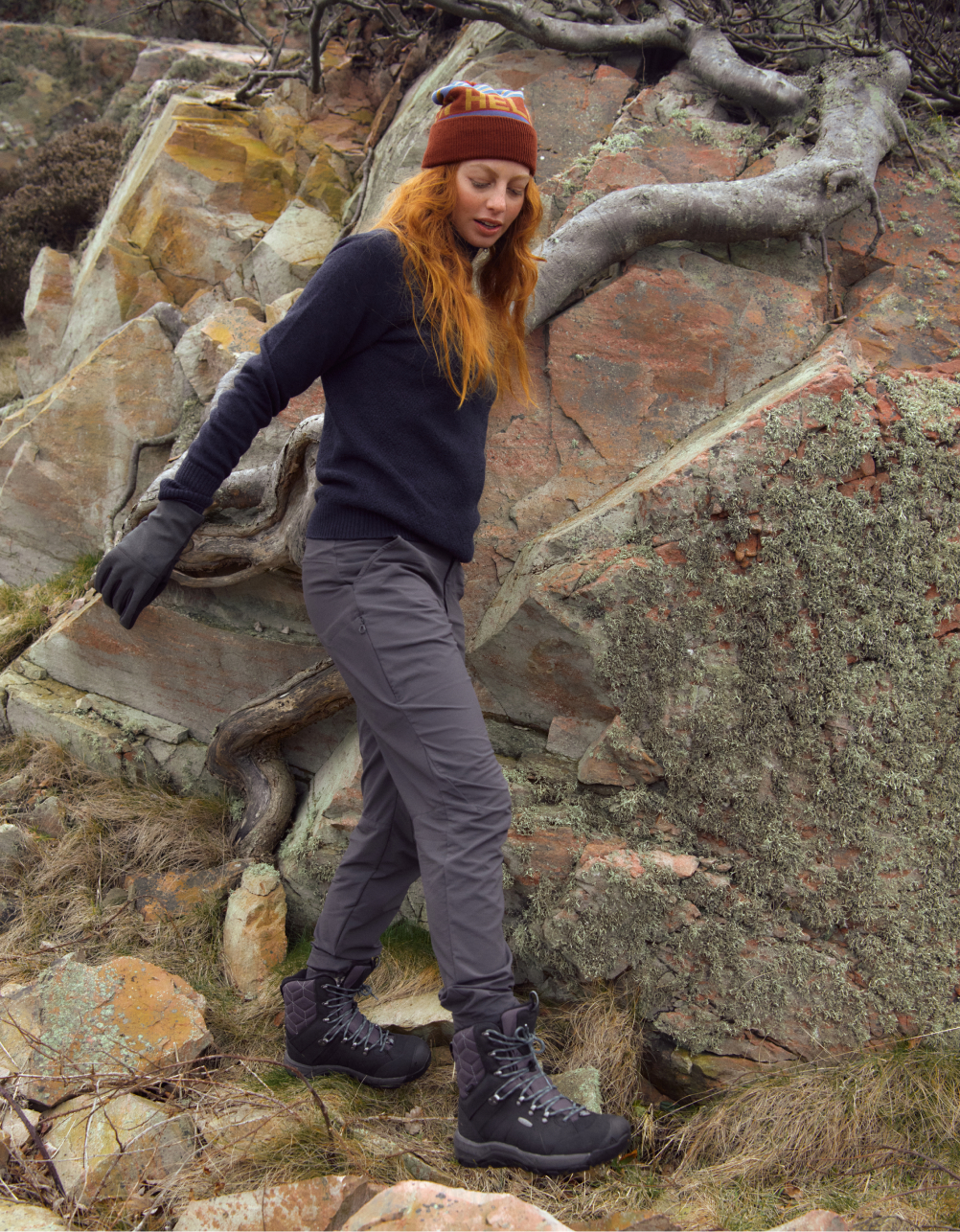
For the more or less active person, it is important to choose clothing with good breathability. This means that the clothing material can adjust excess heat and release heat and moisture. By wearing this type of clothing, you will stay comfortable and dry even when you get hot or start sweating. By choosing multiple layers for example a vest, functional jacket, or softshell jacket you can add or take off layers when you get cold or hot. Also, look out for ventilation details, e.g., zippers in the armholes or mesh sections.

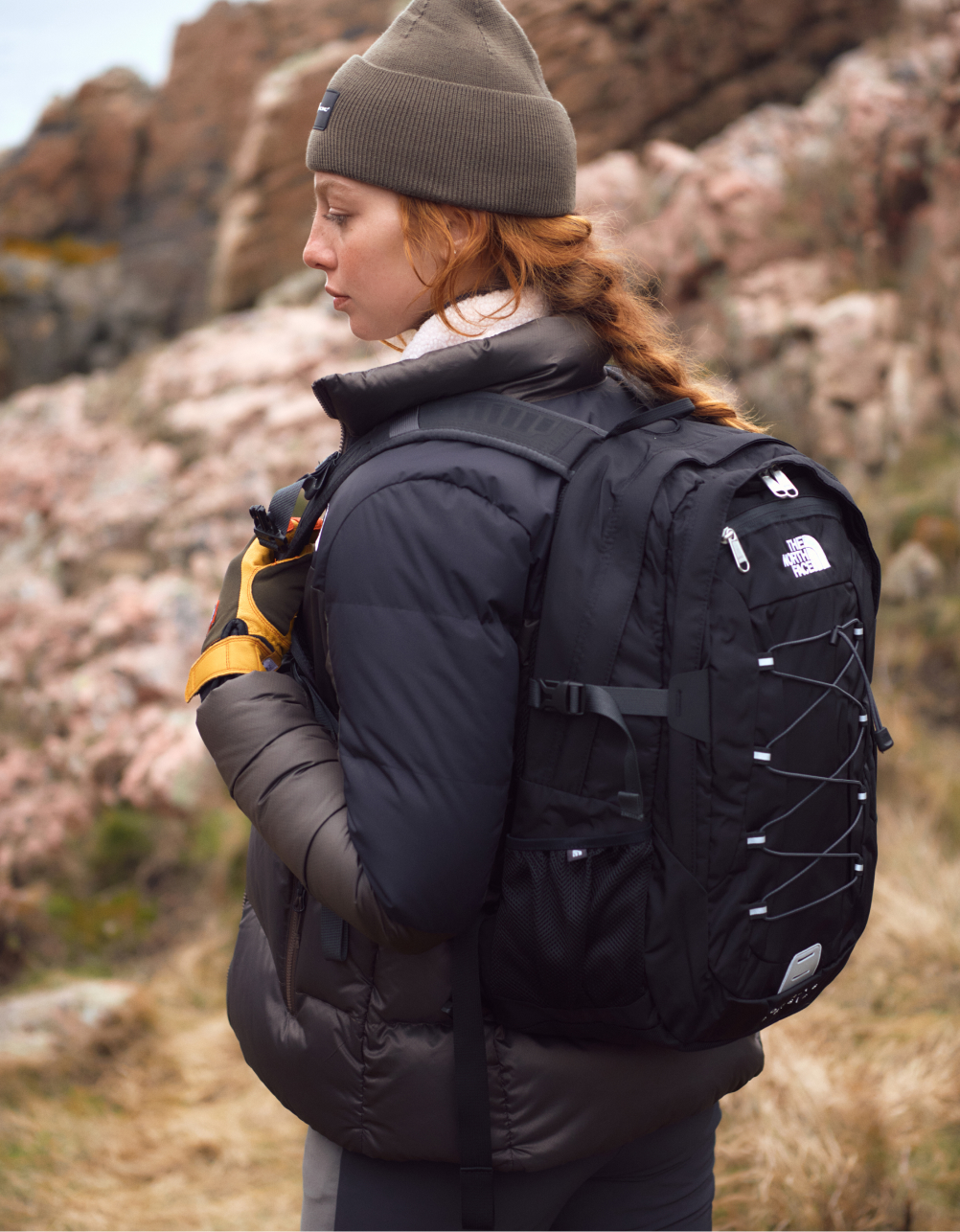

To keep warm, it is important to look at what you’re going to do, what the weather is like, and your body temperature. If you are planning on being outdoors for a long time in minus temperatures you’ll need a thick down jacket, preferably a longer model to protect the body and with a higher collar or hood. If it is a warmer autumn day, a lightweight jacket with lining in down or synthetic material may be enough. If you need more insulating, fleece is an outstanding insulator for its relatively low bulk. Typically, fleece comes in a variety of thicknesses/weights: micro, 100, 200, and 300, with 300 being the heaviest. In a traditional layering system, a fleece sweater or jacket is worn as a midlayer, with a very thin base layer worn underneath against the skin, and a weatherproof non-insulated shell jacket worn on the outside.
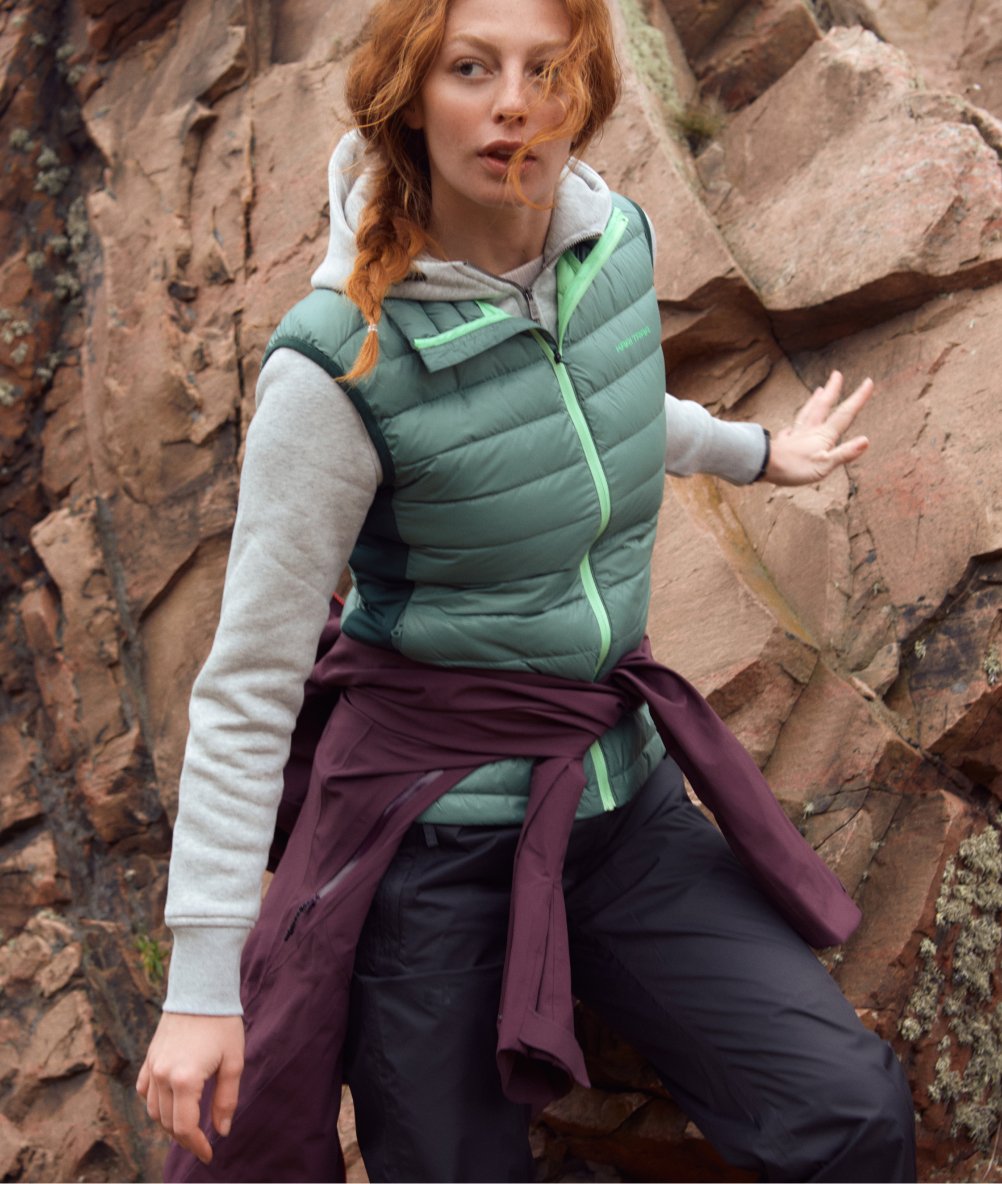

You know the deal, the layer-on-layer principle is still the best way to keep warm in changeable weather. Layer upon layer, the principle is to have several layers that complement each other with different properties. You get flexibility and comfort while you can easily regulate the heat by undressing a layer or two.
1 - 2 - 3
1. Layer one's task is to transport away moisture, e.g. a moisture-transporting undergarment.
2. Layer two will keep you warm, such as a fleece sweater or lightweight jacket.
3. Layer three will protect you from rain and wind, for example, a wind jacket, shell jacket, or raincoat.
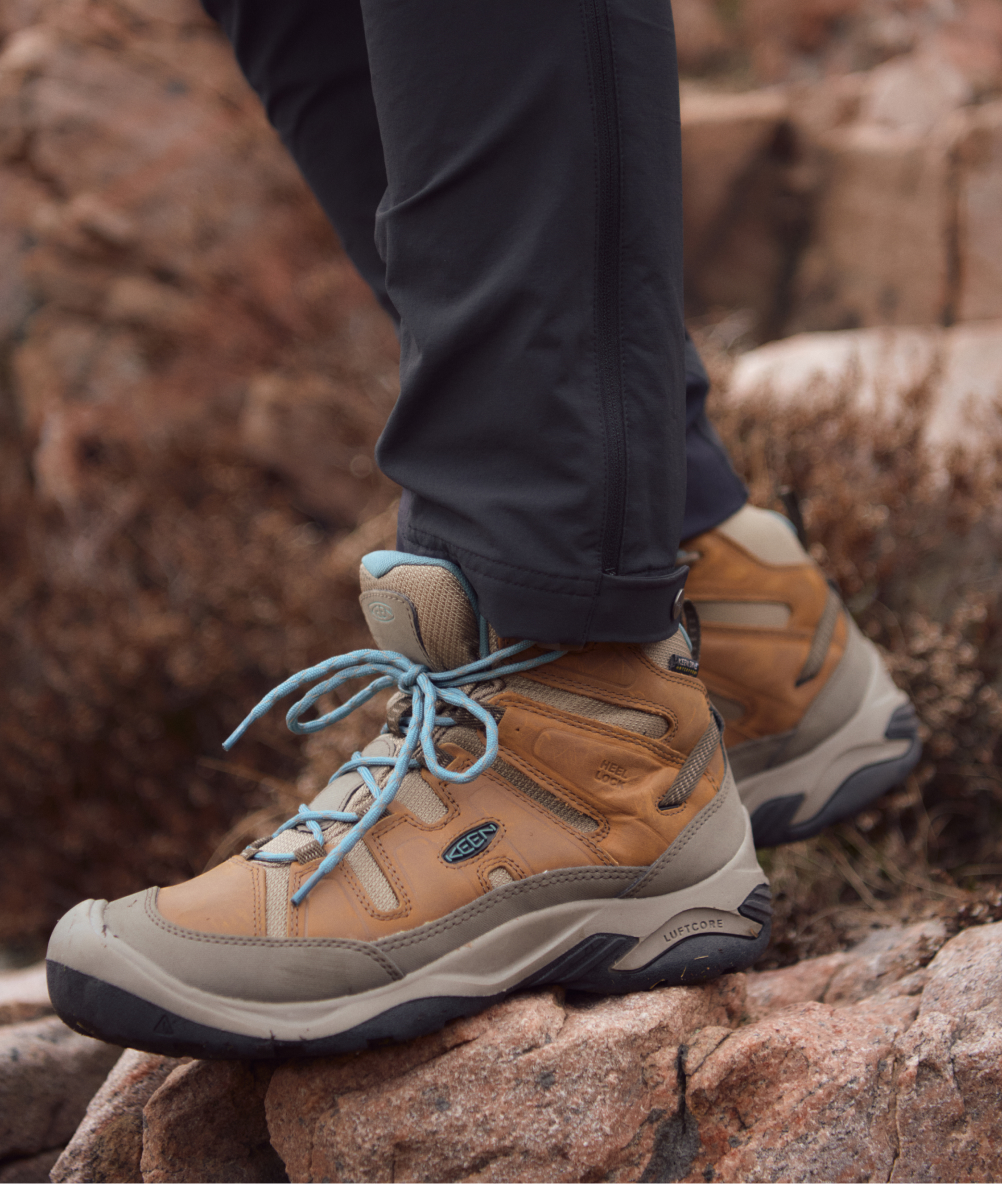

What primarily distinguishes a pure walking shoe from an outdoor shoe is stability. The outdoor shoe is adapted for slightly tougher terrain or conditions than the walking shoe. How stable a shoe you need depends mainly on how your foot and where the step looks, but also on what surface you’ll walk on and how long you should be out. An uneven surface requires more stability to provide sufficient support for the foot and if you are going outdoors for longer, it is important to have more stability. An outdoor shoe that is adapted for more uneven terrain is often waterproof. Look for shoes with Gore-Tex or another waterproof membrane that keeps the feet dry as neither moisture from the ground nor possible rain can enter.
SHOP NOWYou might also like